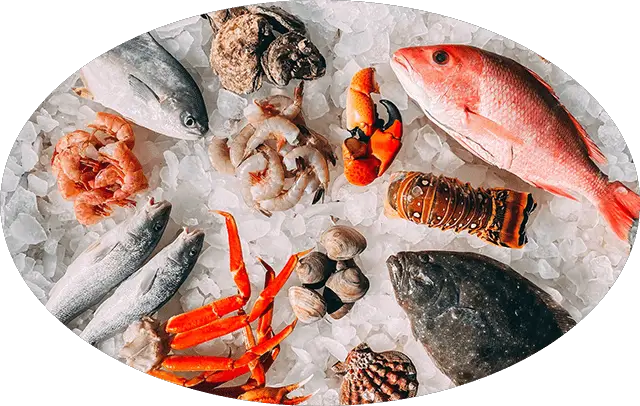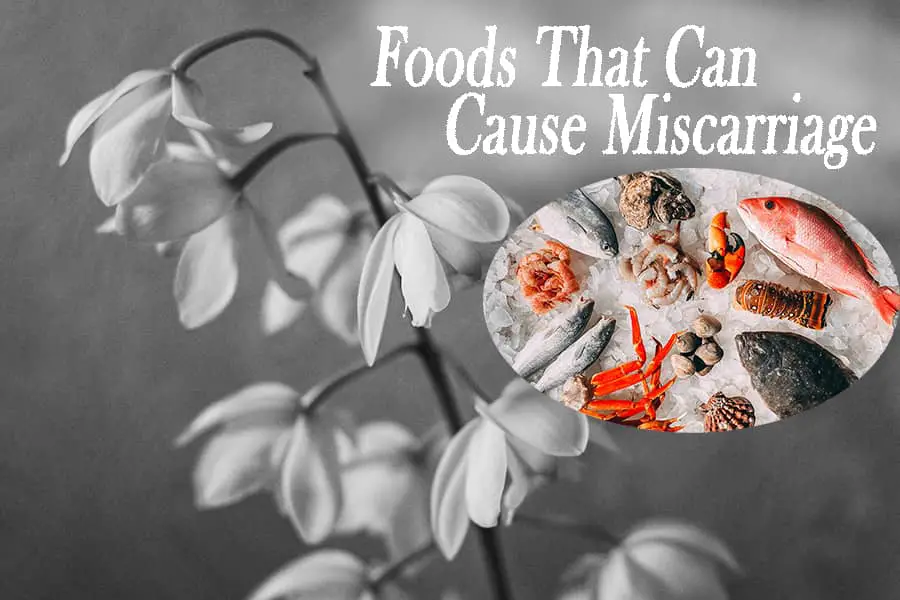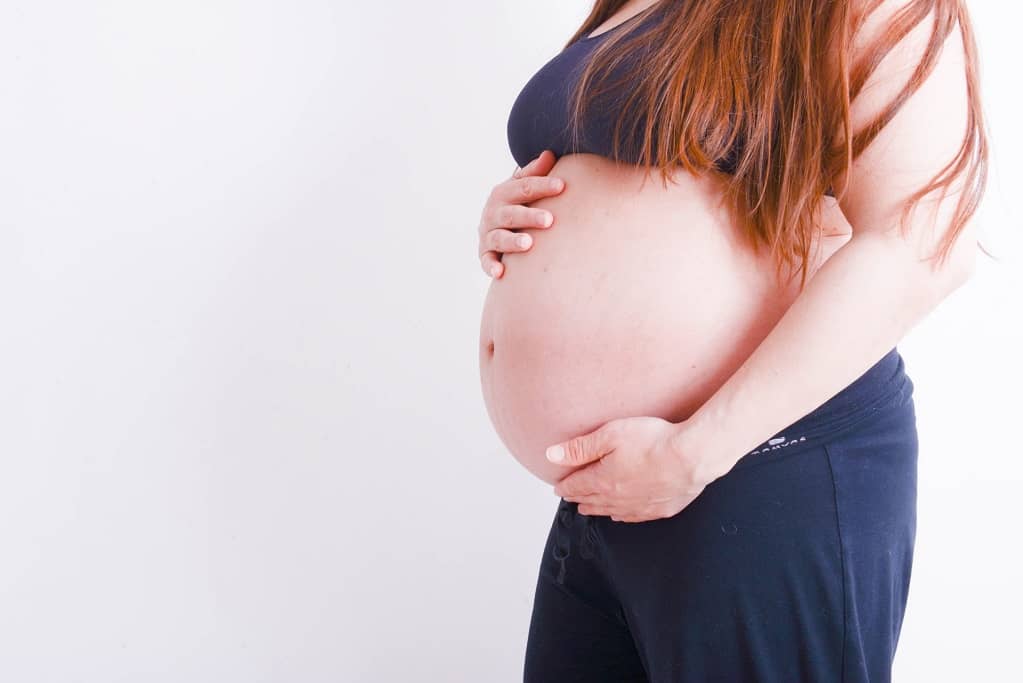Who would believe that foods that are meant to provide fuel to our body can be a source of destruction to a new life, literally?
Being pregnant becomes the most delicate of one’s lifetime, and you’d do everything possible to save the new creation you are bringing to life.
Unfortunately, the risk of miscarriage, which is the loss of a pregnancy before the 20th week, casts a shadow of uncertainty over this beautiful phase. While many factors can contribute to miscarriage, one often overlooked aspect is the connection between certain foods and pregnancy outcomes.
That includes avoiding foods that can cause miscarriage at a time when pregnant, just as avoiding some teas that cause miscarriage during pregnancy and other things to avoid during pregnancy that cause miscarriage as well. Also, foods that can cause autism during pregnancy.
Nonetheless, these are easy to let-go foods, but you may be surprised to find your favorite fruit, fish, and vegetables on the list.
Let’s ride on…
What is miscarriage
Before delving into the relationship between food and miscarriage, it is essential to understand what miscarriage entails.
Miscarriage, also known as spontaneous abortion, is the natural loss of a pregnancy before the 20th week. It is a heartbreaking experience that can be emotionally and physically challenging for those involved.
Miscarriages can occur due to a variety of factors, including genetic abnormalities, hormonal imbalances, or underlying health conditions.
While any of these factors can cause miscarriages, it is essential to explore whether dietary choices can also play a role in this devastating outcome.
Relationship between food and miscarriage
The connection between food and miscarriage is a subject of ongoing research, and it’s important to note that not all miscarriages can be attributed to dietary factors.
Nevertheless, there is evidence to suggest that certain foods and dietary habits may increase the risk of miscarriage. Let’s take a closer look at this complex relationship:
1. Nutrition and Fetal Development
Proper nutrition is crucial during pregnancy as it directly affects the development of the fetus. Nutrients such as folic acid, iron, calcium, and various vitamins and minerals are essential for a healthy pregnancy. Inadequate intake of these nutrients can lead to developmental problems in the fetus and potentially increase the risk of miscarriage.
2. Foodborne Illnesses
Pregnant women are more susceptible to foodborne illnesses due to a weakened immune system. Consuming contaminated foods during pregnancy can lead to serious infections that may harm both the mother and the developing fetus. In severe cases, these infections can result in miscarriage.
3. Caffeine and Miscarriage Risk
High caffeine intake has been associated with an increased risk of miscarriage in some studies. While moderate caffeine consumption is generally considered safe during pregnancy, excessive coffee or energy drink consumption should be avoided.
4. Alcohol and Pregnancy
It’s widely recognized that alcohol consumption during pregnancy can lead to fetal alcohol syndrome and an increased risk of miscarriage. It is strongly recommended to abstain from alcohol entirely during pregnancy.
5. Herbal Remedies and Supplements
Some herbal remedies and dietary supplements are not well-studied during pregnancy. While certain herbs may have beneficial effects, others may pose risks. It’s essential to consult with a healthcare provider before taking any herbal remedies or supplements during pregnancy.
Foods that cause miscarriage

Now that we have explored the broader relationship between food and miscarriage let’s delve into specific foods and dietary choices that have been associated with an increased risk of miscarriage. It’s important to note that while these foods may have potential risks, they do not guarantee a miscarriage, and individual responses can vary.
1. High-Mercury Fish
Certain fish, such as sharks, swordfish, king mackerel, and tilefish, are known to contain high levels of mercury. Excessive mercury intake during pregnancy can harm the developing nervous system of the fetus and may lead to miscarriage. To avoid this risk, pregnant women are advised to limit their consumption of high-mercury fish and opt for low-mercury alternatives like salmon and shrimp.
2. Raw or Undercooked meats
Consuming raw or undercooked meats, including beef, pork, or poultry, can increase the risk of foodborne illnesses, such as listeria, salmonella, or toxoplasmosis. In severe cases, these infections can result in miscarriage. It is essential to cook meats thoroughly to eliminate the risk of these bacterial contamination.
3. Raw or unpasteurized dairy products
Unpasteurized dairy products, including milk, cheese, and yogurt, can harbor harmful bacteria like Listeria monocytogenes. Listeria infection during pregnancy can lead to miscarriage, stillbirth, or severe illness in newborns. To reduce this risk, opt for pasteurized dairy products.
4. Excessive Caffeine
As mentioned earlier, excessive caffeine intake can increase the risk of miscarriage. While moderate caffeine consumption is generally considered safe, it’s advisable to limit your daily caffeine intake to around 200-300 milligrams during pregnancy.
5. Alcohol
Alcohol consumption during pregnancy has long been linked to an increased risk of miscarriage and a range of other fetal developmental issues. It is recommended to abstain from alcohol entirely during pregnancy to ensure the health and safety of your baby.
6. Excessive Vitamin A
While vitamin A is essential for fetal development, excessive intake of vitamin A, particularly in the form of supplements, can be harmful and increase the risk of miscarriage. It’s crucial to follow recommended daily allowances for vitamin A and avoid taking high-dose supplements.
7. Herbal Teas and Supplements
Some herbal teas and dietary supplements may have uterine-stimulating properties, which could potentially lead to miscarriage. It’s essential to consult with a healthcare provider before using any herbal products during pregnancy.
Final Thoughts
It is crucial to approach the topic of foods that can cause miscarriage with caution and sensitivity. While the risk of miscarriage is a concern for expectant mothers, it’s crucial to remember that other factors contribute to pregnancy outcomes, and not all miscarriages can be prevented.
While certain foods have been associated with an increased risk of miscarriage, it is crucial to remember that every pregnancy is unique, and individual experiences may vary. Consultation with a healthcare professional is vital to ensure a healthy pregnancy and make informed decisions regarding your dietary choices.
Maintaining a balanced and nutritious diet, along with regular prenatal care, can significantly contribute to a healthy pregnancy. By being aware of the potential risks associated with certain foods and making informed choices, expectant parents can take proactive steps to minimize the risk of miscarriage and promote optimal maternal and fetal health.
Ultimately, the journey to a healthy pregnancy is a collaborative effort between expectant mothers, healthcare providers, and supportive communities. By staying informed and making thoughtful choices, we can work towards ensuring safe and healthy pregnancies for all.



